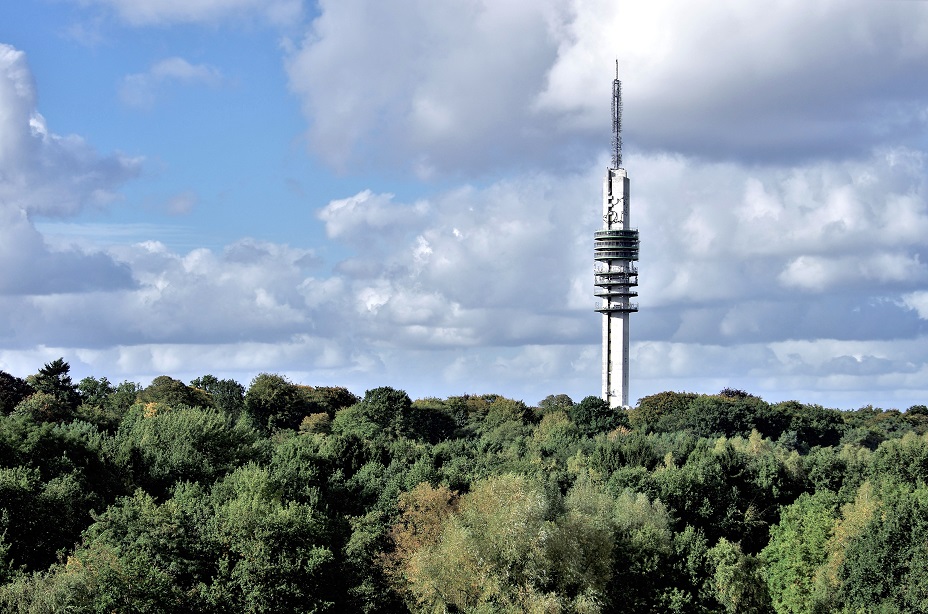Disaster Capitalism: Examining The LA Wildfire Betting Market

Table of Contents
The Mechanics of Wildfire Betting Markets
Types of Bets
The wildfire betting market, largely operating online, offers a range of bets centered around the devastating LA wildfires and other similar events across California. These bets capitalize on the unpredictable nature of wildfires, creating a speculative market with significant risks.
-
Examples of specific betting markets: These markets might include betting on the total acreage burned, the specific location of the next wildfire outbreak, the intensity of a wildfire (measured by factors like containment percentage and speed of spread), and even the estimated property damage caused. Some more sophisticated markets might involve predicting the specific date of containment, or the total number of structures destroyed.
-
Odds manipulation and the role of algorithms: The odds are set using complex algorithms that take into account various factors such as weather forecasts, historical wildfire data, real-time updates from fire departments, and even social media sentiment. The potential for manipulation of these algorithms remains a significant concern, given the financial incentives involved. This manipulation could involve inaccurate data input or biases in the algorithmic design, thereby influencing the outcome and payouts.
-
Analysis of the data used to set odds: The data used to determine the odds is crucial. This information often comes from public sources such as the National Weather Service, the California Department of Forestry and Fire Protection (Cal Fire), and various news outlets. However, the accuracy and reliability of this data are crucial for the fairness and integrity of the betting market. The potential for inaccuracies or delays in information updates can create unfair advantages for certain bettors.
Ethical Concerns and Disaster Profiteering
Exploitation of Human Suffering
The very existence of a wildfire betting market raises profound ethical concerns. Profits are directly linked to the scale of a disaster’s devastation, effectively turning human suffering into a commodity.
-
Insensitive nature of betting on human tragedy: Betting on the intensity and scale of wildfires directly trivializes the immense human suffering caused by these disasters. It demonstrates a shocking lack of empathy for those who have lost homes, loved ones, and livelihoods.
-
Psychological impact on victims and affected communities: The knowledge that others are profiting from their misfortune can be incredibly distressing for wildfire victims and their communities. It can compound existing trauma and feelings of powerlessness.
-
Exacerbating existing inequalities: Those already marginalized and vulnerable within communities affected by wildfires are disproportionately harmed by such markets. They are less likely to have the resources to recover, and the existence of this market adds insult to injury, highlighting existing systemic inequalities.
The Role of Insurance and Fraud
Increased Insurance Claims and Fraudulent Activities
The existence of a wildfire betting market creates a significant risk of increased insurance claims, and, more alarmingly, insurance fraud.
-
Examples of potential fraudulent activities: The potential exists for individuals to intentionally start fires (arson for profit), inflate damage claims, or even collude with others to manipulate the outcome of wildfires for financial gain. This is fueled by the potential for significant payouts from both betting wins and insurance settlements.
-
Challenges of investigating and prosecuting insurance fraud: Investigating and prosecuting insurance fraud related to wildfires is extremely complex. It requires significant resources and expertise to differentiate between legitimate claims and fraudulent ones amid the chaos of a large-scale disaster. Evidence collection and establishing a chain of events can be particularly challenging.
-
The role of insurance companies in addressing these risks: Insurance companies have a vital role to play in mitigating these risks. This includes implementing robust fraud detection systems, conducting thorough investigations, and collaborating with law enforcement agencies to prosecute fraudulent claims.
Regulatory Challenges and Solutions
The Need for Stronger Regulations
Currently, the lack of comprehensive regulation in this area allows the wildfire betting market to thrive unchecked. Stronger regulatory measures are urgently needed.
-
Suggestions for potential regulations: Options include outright bans on betting markets that directly profit from natural disasters, stricter licensing and oversight of online gambling platforms, increased scrutiny of the data used to set odds, and international cooperation to tackle cross-border gambling operations.
-
The role of government agencies and international bodies: Governments need to work collaboratively with regulatory bodies and international organizations to develop effective strategies for oversight. This requires clear legislation, effective enforcement mechanisms, and international cooperation to address the challenges posed by online gambling platforms operating across multiple jurisdictions.
-
Challenges of international cooperation: Online gambling operates across borders, making international cooperation crucial. However, achieving harmonized regulations globally is a complex undertaking, requiring significant diplomatic efforts and agreement on shared standards and enforcement mechanisms.
Conclusion
The LA wildfire betting market represents a deeply troubling example of disaster capitalism, profiting from human suffering and raising significant ethical concerns. The potential for insurance fraud, the psychological impact on victims, and the exacerbation of existing inequalities underscore the urgent need for stronger regulations. We have seen how the mechanics of these markets function, highlighting the risks associated with data manipulation and algorithm biases. We must demand a halt to this morally reprehensible practice and advocate for a regulatory framework that protects vulnerable populations and prevents the further exploitation of wildfire victims. Support organizations dedicated to disaster relief and prevention, and demand responsible action from policymakers to prevent the continued growth of disaster capitalism associated with the LA wildfire betting market and other similar events. Let's work together to ensure that future disasters are met with compassion and support, not exploitation and profit.

Featured Posts
-
 Bruins En De Npo Gesprek Over Leeflang Na Hamer Aangifte
May 15, 2025
Bruins En De Npo Gesprek Over Leeflang Na Hamer Aangifte
May 15, 2025 -
 Blue Origin Faces Launch Delay Vehicle Subsystem Under Investigation
May 15, 2025
Blue Origin Faces Launch Delay Vehicle Subsystem Under Investigation
May 15, 2025 -
 Golden State Warriors Jimmy Butler Leads Victory Over Houston Rockets
May 15, 2025
Golden State Warriors Jimmy Butler Leads Victory Over Houston Rockets
May 15, 2025 -
 The Rise Of A Small App And The Potential Fall Of Meta
May 15, 2025
The Rise Of A Small App And The Potential Fall Of Meta
May 15, 2025 -
 Viet Jet Faces Financial Reckoning After Court Ruling
May 15, 2025
Viet Jet Faces Financial Reckoning After Court Ruling
May 15, 2025
Latest Posts
-
 Dodgers Kims Homer And Stolen Bases Secure Okc Doubleheader Win
May 15, 2025
Dodgers Kims Homer And Stolen Bases Secure Okc Doubleheader Win
May 15, 2025 -
 What If A Speculative Conversation Between Two Max Muncys
May 15, 2025
What If A Speculative Conversation Between Two Max Muncys
May 15, 2025 -
 Hyeseong Kim Fuels Okc Dodgers Doubleheader Sweep With Power And Speed
May 15, 2025
Hyeseong Kim Fuels Okc Dodgers Doubleheader Sweep With Power And Speed
May 15, 2025 -
 Parallel Universes Collide A Hypothetical Chat Between Two Max Muncys
May 15, 2025
Parallel Universes Collide A Hypothetical Chat Between Two Max Muncys
May 15, 2025 -
 Okc Dodgers Sweep Doubleheader Behind Kims Homer And Two Stolen Bases
May 15, 2025
Okc Dodgers Sweep Doubleheader Behind Kims Homer And Two Stolen Bases
May 15, 2025
